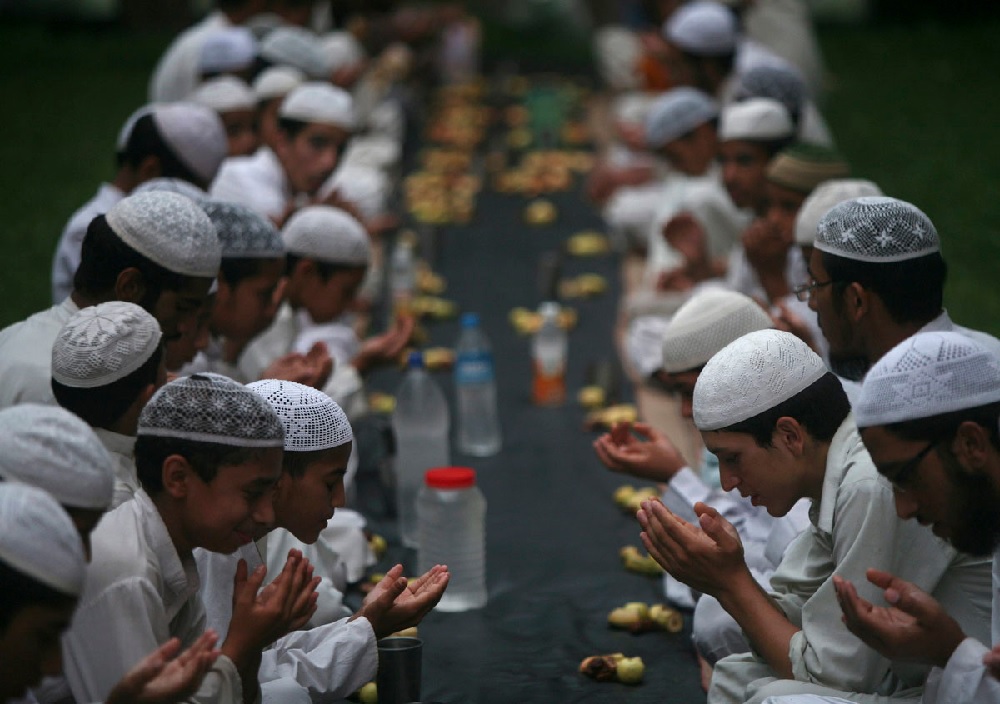India’s Supreme Court ruled on Monday that Shariah law cannot be legally forced on citizens who do not wish to have the system applied to them. – CP Reports
Judge C. K. Prasad, who sits on the country’s Supreme Court, explained that Shariah Law system is not legally binding in India.
“No religion is allowed to curb anyone’s fundamental rights,” Prasad said, according to The Associated Press.
Petitioner Vishwa Lochan Madanhad argued that Islamic courts often “wielded considerable influence in Muslim-dominated areas, and people often felt powerless to oppose their rulings,” citing a case where a Muslim woman had been raped by her father-in-law and been subsequently forced by the court to live with the perpetrator. The woman and mother of five children was also told to leave her husband.
Muslim leaders in India expressed their frustration with the ruling and have told their fellow Muslims to continue abiding by Shariah Law.
“This is a malicious propaganda which is going on against religious beliefs,” said Kamal Farooqi, a member of the All India Muslim Personal Law Board. “We are for Shariah courts, and we are spreading it all over the country.”
According to the Pew Research Center, after Indonesia, India is home to the world’s second-largest Muslim population, boasting more than 176 million adherents out of its total population of 1.2 billion. Overall, Muslims make up 14.4 percent of the total population.
Earlier this year, the Hindu Narendra Modi was sworn in as prime minister. In the months leading up to his election, Modi had been criticized for the brutal massacre of more than 1,000 Muslims in the state of Gujarat that occurred in 2002 while he served as chief minister of the region. Many claimed that Modi either enabled the attacks or acted insufficiently to halt them, accusations that later led the United States to ban him from entering the country.
According to a Quartz piece from earlier this year, “Since Modi’s political ascendancy has been largely based on a right-wing Hindu nationalist platform, many analysts are questioning the future of 140 million Muslims in India, relegated to second-class citizenship in their own country of birth. Modi came to power on a promise of turning around India’s economy. It’s worth remembering that though Muslims represent the largest religious minority within India (roughly 13% of India’s total population), they are also the demographic which suffers the most in terms of economic disenfranchisement and poverty.”
Earlier this year, Mod called upon the government to streamline its judicial system.



